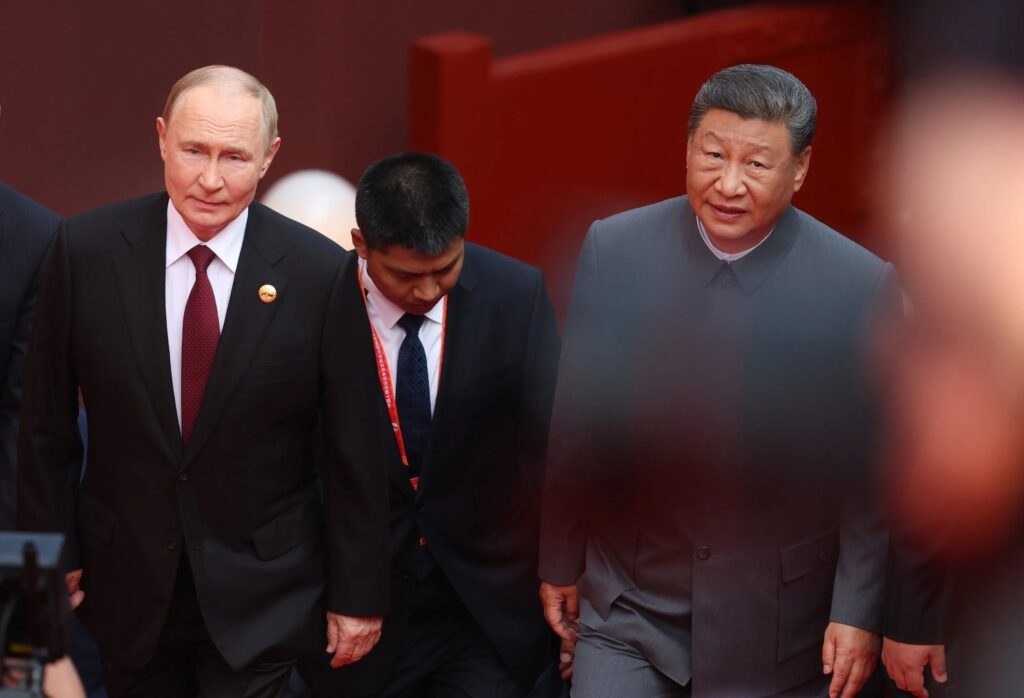Putin and Xi Jinping’s Immortality Talk Reveals a Chilling Vision Beyond American Interests
As Xi Jinping and Vladimir Putin discuss living beyond 150 years, America must question what this biotech race means for national sovereignty and security.

In a moment that may seem surreal, the leaders of China and Russia recently engaged in a conversation about humanity’s potential to live up to 150 years or even achieve immortality. Captured by ambient microphones during a military parade in Beijing’s Tiananmen Square, this exchange between President Xi Jinping and Vladimir Putin offers more than mere scientific speculation—it reveals an unsettling glimpse into the priorities of America’s strategic rivals.
Why Are Beijing and Moscow Chasing Immortality?
At first glance, a discussion about longevity sounds like the stuff of science fiction or health breakthroughs. But when two authoritarian powers link advances in biotechnology with promises of extending human life indefinitely, we must ask: what are they really preparing for? For decades, both China and Russia have invested heavily in biotechnological research, not solely for improving public health but as instruments of geopolitical power.
Their ambition to transcend traditional human limits signals a desire to maintain long-term dominance—not just through military might or economic influence, but through controlling cutting-edge technologies that could redefine warfare, population control, and societal structure. While average Americans face rising healthcare costs and the erosion of personal freedoms under expansive government programs, regimes like Beijing and Moscow focus on harnessing science to cement authoritarian rule over generations.
What Does This Mean for American Sovereignty?
This biotech arms race underscores an urgent need to reaffirm America’s commitment to individual liberty and national sovereignty. When Russians boast about organ transplants enabling ‘immortality,’ are they discussing universal health advances or creating elite classes with enhanced lifespans—potentially deepening inequality on a global scale?
Furthermore, these goals do not exist in isolation; advancements developed by adversaries often find their way into military applications threatening our homeland security. The West cannot afford complacency while despotic regimes push forward unchecked agendas that run counter to freedom and common sense.
Former leaders aligned with Western values have rightly emphasized innovation balanced by moral responsibility—principles too often ignored by today’s globalist bureaucracies chasing scientific vanity projects detached from real-world consequences.
If America is to remain exceptional, it must prioritize policies that protect citizens’ rights, invest in ethical medical advancements accessible to all, and resist the allure of unchecked technological experimentation driven by foreign autocrats’ ambitions.
The question remains: how long will Washington overlook these developments while competitors march toward potentially destabilizing breakthroughs? For families already grappling with economic uncertainty, this discussion about immortality is not just academic—it challenges how we value life itself amid shifting global power dynamics.
